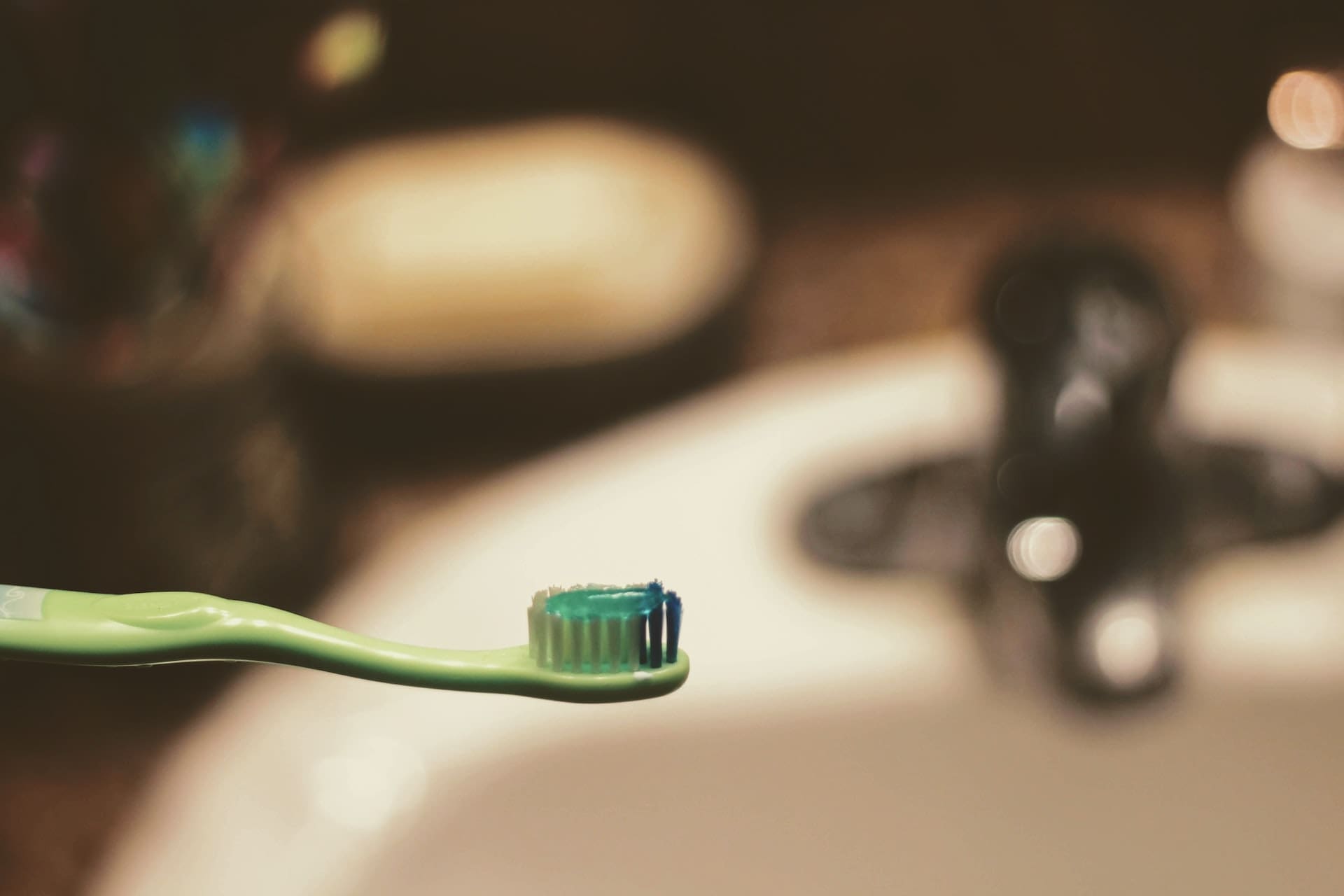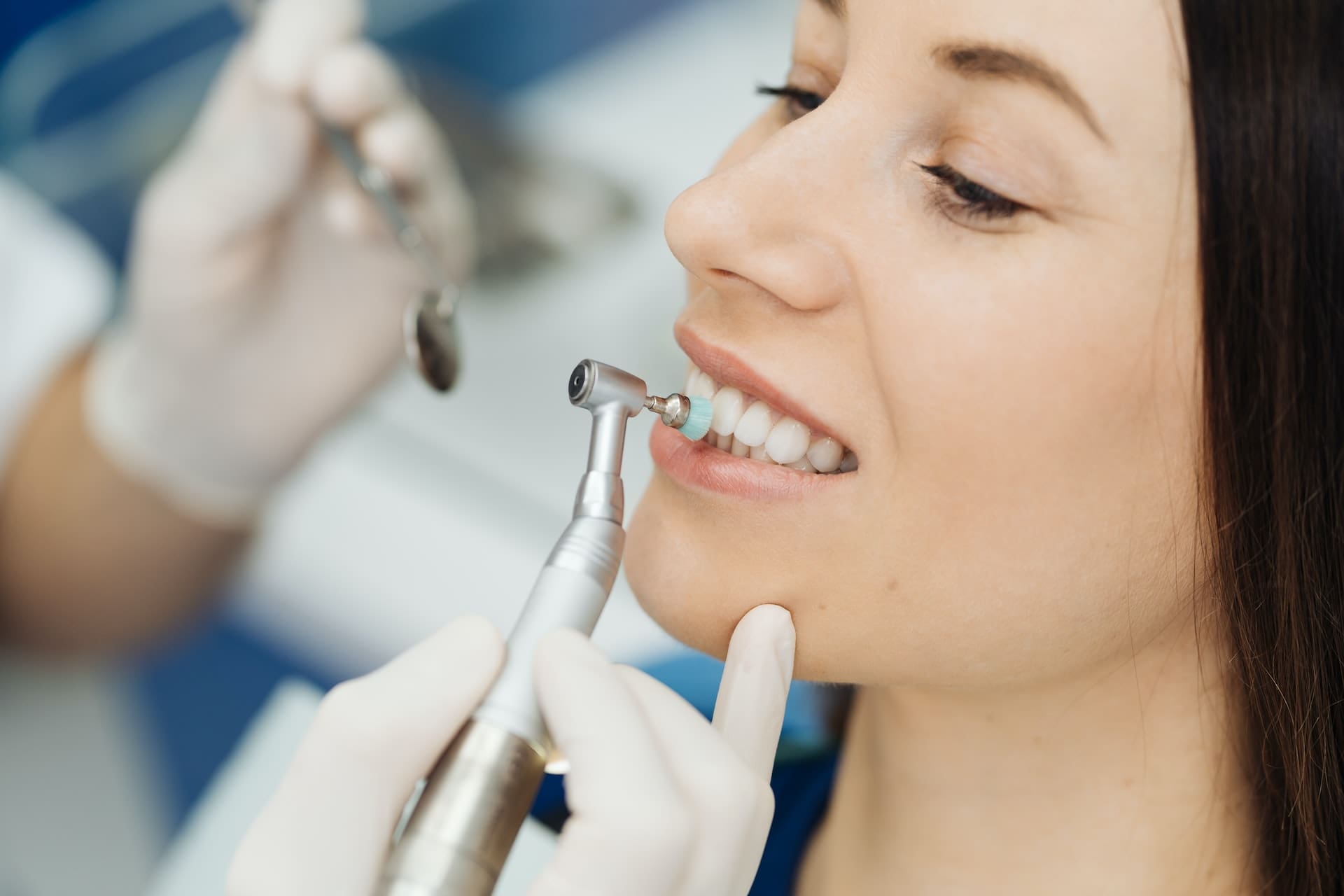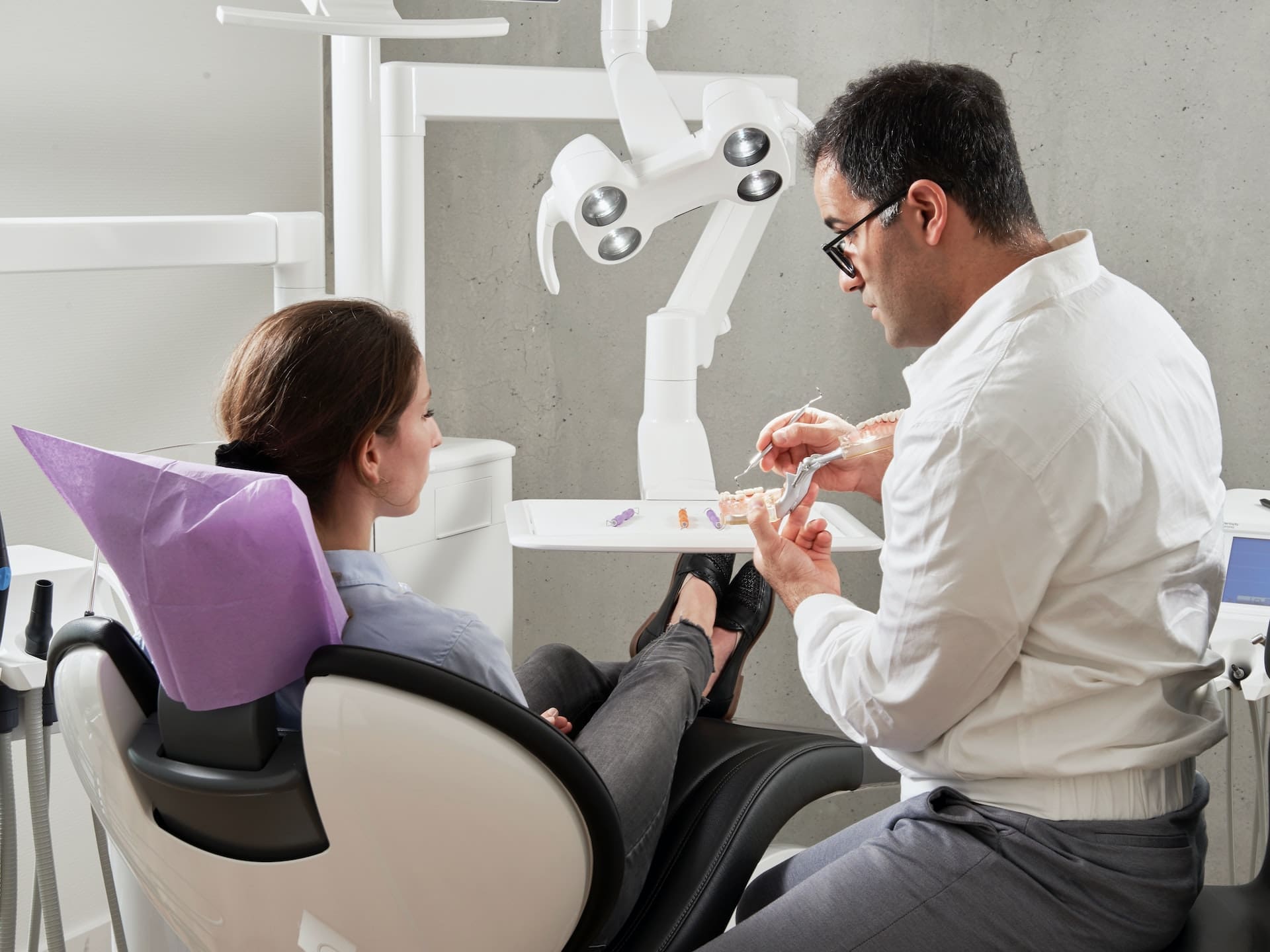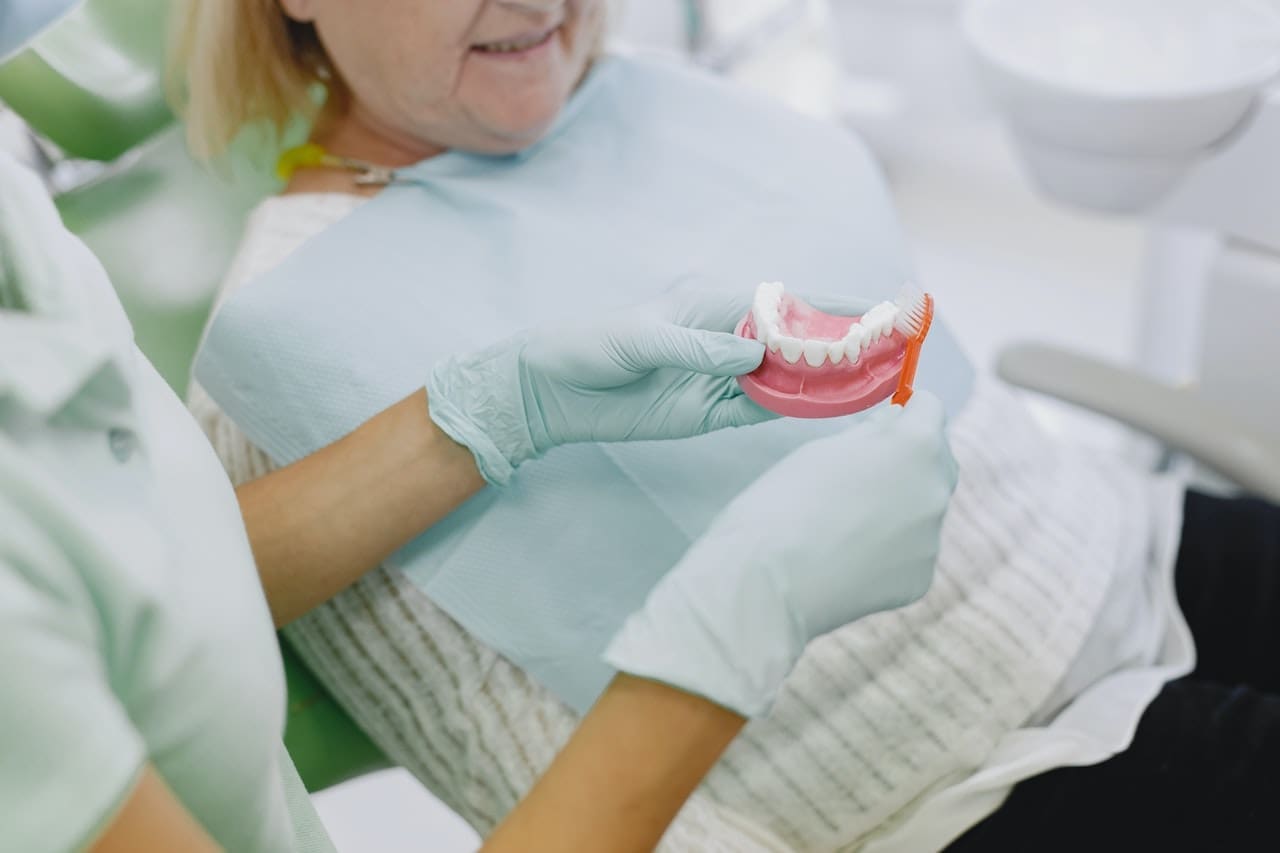Should You Get Dental Bridges to Replace Missing Teeth
If you are missing one or more teeth, you may be considering dental bridges as a way to replace them. But what exactly are dental bridges, and are they the right solution for you?
What Are the Benefits of Dental Bridges?
Dental bridges are commonly used to replace one or more missing teeth. A bridge is generally made up of two or more crowns that are placed on the teeth on either side of the gap. The false tooth (or teeth) in the middle is then attached to the crowns. Bridges are usually made from porcelain or metal.
There are several benefits of dental bridges, including improving the appearance of your smile. Dental bridges can help to restore your smile and give you back the confidence to show off your teeth.
Dental bridges can also help to restore your chewing function. When you have missing teeth, it can be difficult to chew properly. This can cause problems with digestion and make it difficult to eat certain foods. Dental bridges can help to restore your chewing function and make it easier to eat.
Lastly, when you have missing teeth, the bone in your jaw can start to shrink. This can cause your face to appear sunken in and can make you look older. Dental bridges can help to prevent jawbone loss and keep your face looking young and healthy.
What to Expect during a Dental Bridge Procedure
A dental bridge is an excellent way to replace one or more missing teeth. The procedure is relatively straightforward and can be completed in one or two visits to the dentist.
First, your dentist will take an impression of your teeth. This will be used to create a model of your mouth so that the bridge can be custom-made to fit your smile.
Next, your dentist will prepare the teeth on either side of the gap left by the missing tooth (or teeth). This involves removing a small amount of enamel to make room for the dental bridge.
Once the teeth have been prepared, your dentist will place the bridge in your mouth and check to make sure it fits properly. If everything looks good, the bridge will be cemented in place.
You may experience some sensitivity in your teeth and gums after the procedure, but this should go away within a few days. You’ll need to be careful when eating and brush and floss regularly to keep your teeth and gums healthy.
What to Consider When Getting Dental Bridges
Like all dental procedures, there are some things you should consider before getting dental bridges. The first thing you should consider is the reason for getting dental bridges. If you’re missing teeth due to an injury or disease, then dental bridges may be the best option for you. However, if you’re missing teeth due to tooth decay or gum disease, then you may want to consider other options, such as dental implants.
Another thing to consider is the cost of dental bridges. This procedure can be quite expensive, so you’ll need to make sure that you can afford it. If you have dental insurance, check to see if it covers dental bridges. If not, you may want to look into financing options.
The next thing to consider is the type of dental bridges you want. There are two main types of dental bridges: fixed and removable. Fixed dental bridges are permanently attached to your teeth, while removable dental bridges can be taken out for cleaning and maintenance.
Finally, you’ll need to consider the recovery time for dental bridges. Recovery time depends on the type of dental bridges you’re getting. Fixed dental bridges can take up to two weeks to heal, while removable dental bridges can take up to a month.
Final Thoughts
If you are missing one or more teeth and would like to restore your smile and chewing function, dental bridges may be a good option for you. While bridges require some care and maintenance, they can last for many years. If you are considering dental bridges, be sure to consult with a qualified dentist to see if they are the right solution for you.
Replace your missing teeth with the help of Weymouth Dental Arts. We are a dentist in Weymouth, MA, that offers a variety of dental treatments. We thoroughly evaluate and treat all of the contributing root factors related to your oral health, ensuring that we leave no stone unturned. Book an appointment today!








